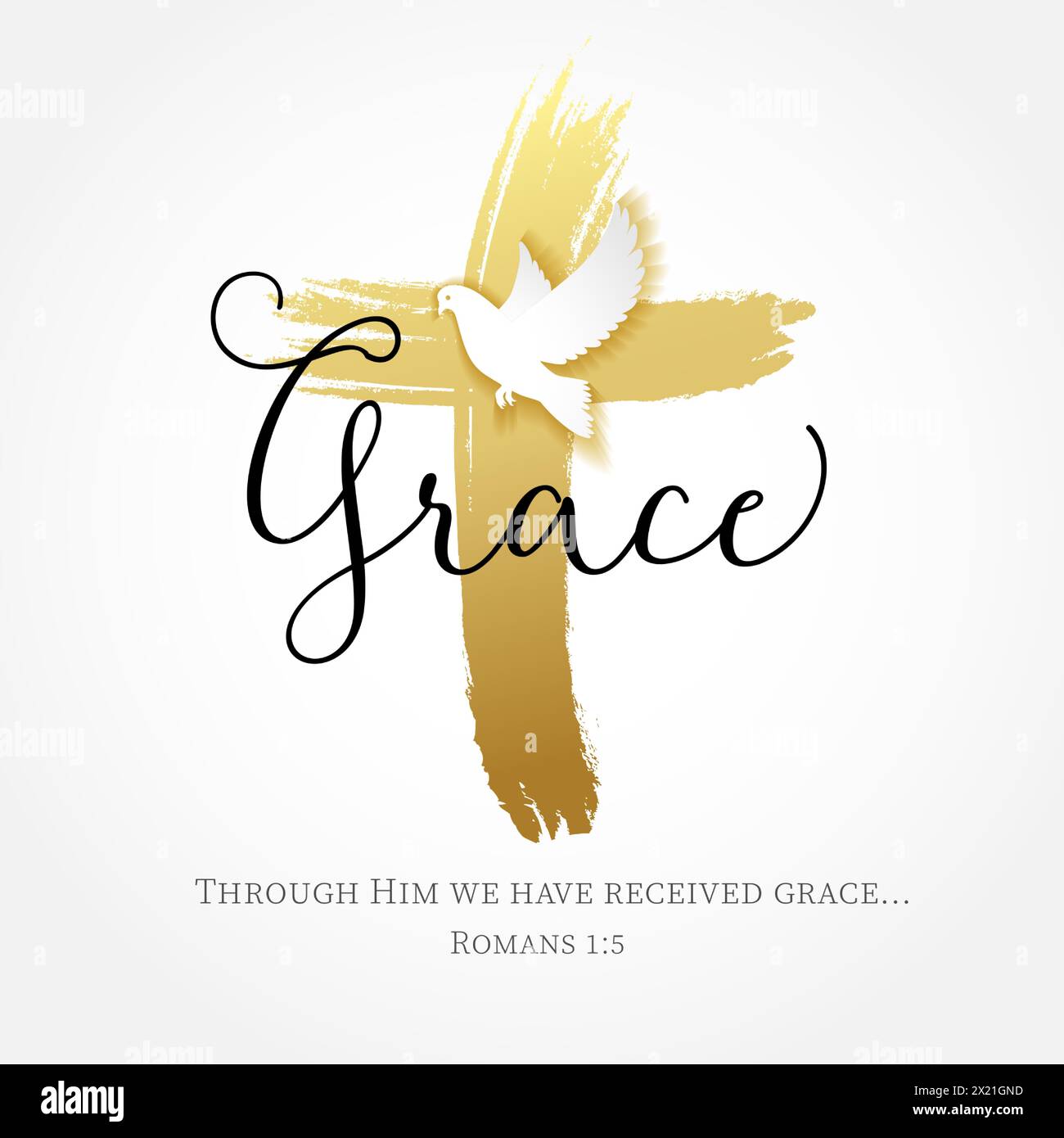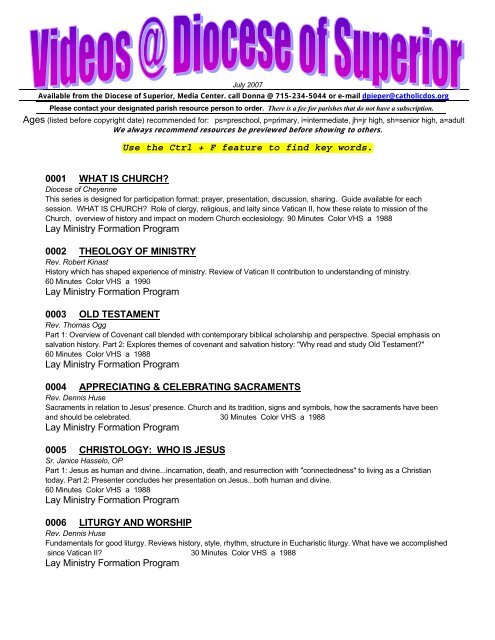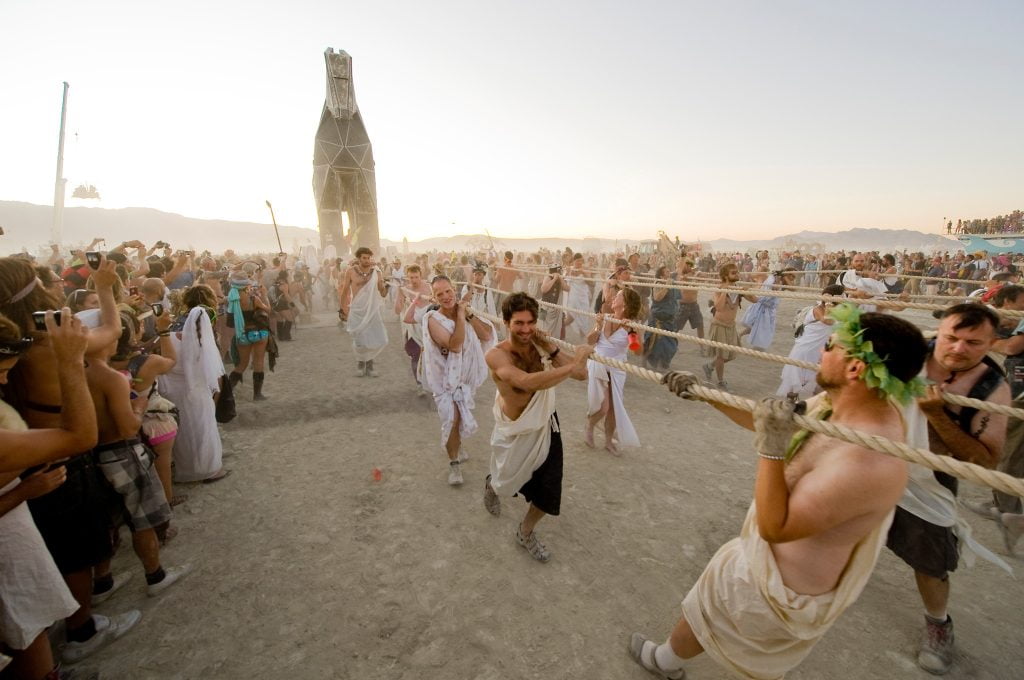Exploring the historical and spiritual significance of the festival at Pentecost unveils a rich tapestry of traditions and beliefs. This ancient celebration, also known as the Feast of Weeks, holds deep-rooted importance in both Jewish and Christian faiths. But what was the festival at Pentecost, and why is it of such paramount importance? Delving into its origins and customs reveals a time of harvest, giving thanks, and commemorating the giving of the Torah. Join us to uncover the layers of meaning behind this sacred festival and its relevance in modern times.
View this post on Instagram
Introduction to the Pentecost Festival
The Pentecost Festival, often known as Whitsun or Whit Sunday, is a significant Christian celebration that commemorates the descent of the Holy Spirit upon the apostles and other followers of Jesus Christ. It is observed on the seventh Sunday after Easter, approximately 50 days after Easter. This vibrant festival is traditionally viewed as the birthday of the Christian Church and is a crucial moment in the liturgical calendar for many denominations.
The Origins of Pentecost
The origins of Pentecost can be traced back to the Book of Acts in the New Testament Bible. According to Christian belief, the event occurred in Jerusalem when the apostles gathered together during the Jewish feast of Shavuot. The Holy Spirit descended upon them in the form of tongues of fire, enabling them to speak in different languages and spread the message of Christianity.
Significance and Customs
The Pentecost Festival holds great significance as it marks the beginning of the Christian Church’s mission to spread the teachings of Jesus Christ to all nations. In many cultures, Pentecost is celebrated with special church services, prayers, and hymns that reflect the theme of unity and the coming of the Holy Spirit. Additionally, customs such as wearing red attire, decorating churches with flowers, and enjoying festive meals are common traditions during this time.

Historical and Biblical Significance of Pentecost
Pentecost, also known as the Feast of Weeks, is a significant festival in both historical and biblical contexts. In the Old Testament, it commemorated the giving of the Law to Moses on Mount Sinai. This festival was one of the three pilgrimage feasts where Jewish males were remust to Jerusalem to celebrate. Pentecost occurs 50 days after Passover and emphasizes the harvest of the first fruits.
Biblical Connection
The biblical significance of Pentecost is found in the New Testament, particularly in the Book of Acts. During the Feast of Pentecost, the Holy Spirit descended upon the apostles and other followers of Jesus, empowering them to spread the message of Christianity. This event marked the birth of the Christian Church and is often referred to as the birthday of the Church.
HisCChurch Legacy
The historical legacy of Pentecost extends beyond religious significance. It symbolizes unity and diversity as people from various nations gathered in Jerusalem for the festival, highlighting the universal nature of the Christian message. Today, Pentecost continues to be celebrated by Christians worldwide, emphasizing the themes of renewal, empowerment, and the fruits of the Spirit.
“>
Traditions and Celebrations Associated with Pentecost
Pentecost is a significant festival celebrated by Christians around the world. It marks the descent of the Holy Spirit upon the apostles and other followers of Jesus Christ, as described in the New Testament. This festival falls on the seventh Sunday after Easter.
Church Services and Mass Gatherings
On Pentecost Sunday, churches are adorned with red decorations symbolizing the flames of the Holy Spirit. Many Christians attend special church services and Mass gatherings to commemorate the occasion. Believers come together to pray, sing hymns, and listen to sermons about the significance of Pentecost.
Feasting and Community Meals
Another common tradition associated with Pentecost is sharing meals within the community. Families and friends come together to enjoy festive feasts, symbolizing unity and fellowship. These gatherings strengthen bonds and create a sense of togetherness among believers.
- Traditional dishes include foods cooked with red ingredients such as strawberries and wine.
- Participating in these communal meals is a way to honour the spirit of sharing and generosity during Pentecost.
Comparison with Other Festivals or Religious Observances
When discussing “what the festival at Pentecost was,” it’s essential to compare it with other religious observances. One significant contrast is the Jewish festival of Shavuot, which also takes place at the same time. While Christians celebrate Pentecost to mark the descent of the Holy Spirit, Shavuot commemorates the giving of the Torah at Mount Sinai.
Significance of Pentecost
Pentecost is profoundly important for Christians as it symbolizes the birth of the Christian Church and the empowerment of believers by the Holy Spirit. This event marked a turning point in the spread of Christianity.
Symbolism in Other Festivals
In contrast, Shavuot is associated with the harvest season and offering the first fruits to God. The emphasis is on gratitude for the sustenance provided by the land.
- Shavuot traditions include reading the Book of Ruth, eating dairy products, and studying and reflecting.

Key Events and Symbols of Pentecost
One of the critical events of Pentecost is the descent of the Holy Spirit upon the apostles and followers of Jesus, as described in the Bible. This event is often depicted by flames or a dove, symbolizing the presence of the Spirit. Additionally, the apostles’ speaking in tongues is another significant symbol associated with Pentecost, signifying the ability to communicate the message of the Gospel to people from different nations and languages.
The Descent of the Holy Spirit
The descent of the Holy Spirit during Pentecost is a pivotal moment in Christian faith, marking the birth of the church and the commissioning of the apostles to spread Jesus’ teachings.
This event is often symbolized by flames hovering over the disciples’ heads, signifying the presence of the Spirit and the enlightenment it brings.
Speaking in Tongues
Speaking in tongues, another significant aspect of Pentecost refers to the apostles’ ability to speak in different languages without prior knowledge. This miraculous ability allowed them to communicate the message of Jesus to people from various regions and cultures, emphasizing the universal nature of the Gospel.
- This phenomenon demonstrated the power of the Holy Spirit and the divine commission to spread the message of salvation to all nations.
Modern-Day Observance and Relevance of Pentecost
In recent times, the festival of Pentecost has continued to hold significant religious and cultural relevance. Believers commemorate the descent of the Holy Spirit upon the apostles, signifying the birth of the Christian Church. Pentecost, also known as Whitsunday, is observed with various traditions and rituals around the world.
Pentecost Celebrations
Modern-day observance of Pentecost includes special church services, where believers wear red garments symbolizing the flames of the Holy Spirit. Special prayers and hymns are sung to honour this pivotal event.
Pentecost Outreach
Many churches use Pentecost as an opportunity for community outreach programs, emphasizing the importance of unity and spreading the message of love and faith. They organize events, charitable activities, and gatherings to engage with the broader community.
- Hosting food drives to help the less fortunate
- Organizing educational programs on the significance of Pentecost
- Collaborating with other faith-based organizations for interfaith dialogues
Exploring the Spiritual and Cultural Meaning of Pentecost
Pentecost, often known as the Feast of Weeks, holds significant spiritual and cultural relevance for Christians worldwide. It commemorates the descent of the Holy Spirit upon the apostles, as described in the New Testament. This festive event marks the birth of the Christian church, encoChurchg unity and the spreading of the faith.
The Spiritual Significance
During Pentecost, believers celebrate the divine empowerment received through the Holy Spirit, which enables them to spread the teachings of Jesus Christ. This spiritual event symbolizes renewal, enlightenment, and the unification of diverse believers under a common faith in the year of what was the festival of Pentecost.
The Cultural Impact
Pentecost carries cultural significance by promoting community values, generosity, and service to others. Festivities often include vibrant processions, joyful gatherings, and charitable acts towards the less fortunate. It serves as a reminder to live a life of compassion and kindness, embodying the teachings of Christ in what was the festival at Pentecost.
Frequently Asked Questions
- What was the Festival at Pentecost?
- The Festival at Pentecost was a Jewish festival known as Shavuot, commemorating the Torah’s giving at Mount Sinai.
- Why is Pentecost significant in Christianity?
- Pentecost is significant in Christianity because it marks the day when the Holy Spirit descended upon the apostles of Jesus Christ, empowering them to spread Jesus’ teachings to all nations.
- How is Pentecost celebrated?
- In Christian tradition, Pentecost is celebrated with prayer, reflection, and joyful worship. Some churches may also have special services or activities to commemorate the day.
- What is the symbolism of Pentecost?
- Pentecost symbolizes the birth of the Christian Church and the unity of believers through the common language of the Holy Spirit. It also represents the fulfilment of Jesus’ promise to send the Comforter, the Holy Spirit.
Unveiling the Meaning: Wrapping Up the Festival at Pentecost
In conclusion, the Festival at Pentecost holds great significance in both hical and religious contexts. It marks the descent of the Holy Spirit upon the apostles and the birth of the Christian Church. This festival symbolizes the unity of believers and the diversity of languages and cultures. Understanding the roots and traditions of Pentecost enriches our appreciation of the spiritual awakening and communal harmony it represents. As we delve deeper into its meaning, we grasp the essence of empowerment and enlightenment that this festival brings. May the spirit of Pentecost continue to inspire us all towards unity, understanding, and renewal.




